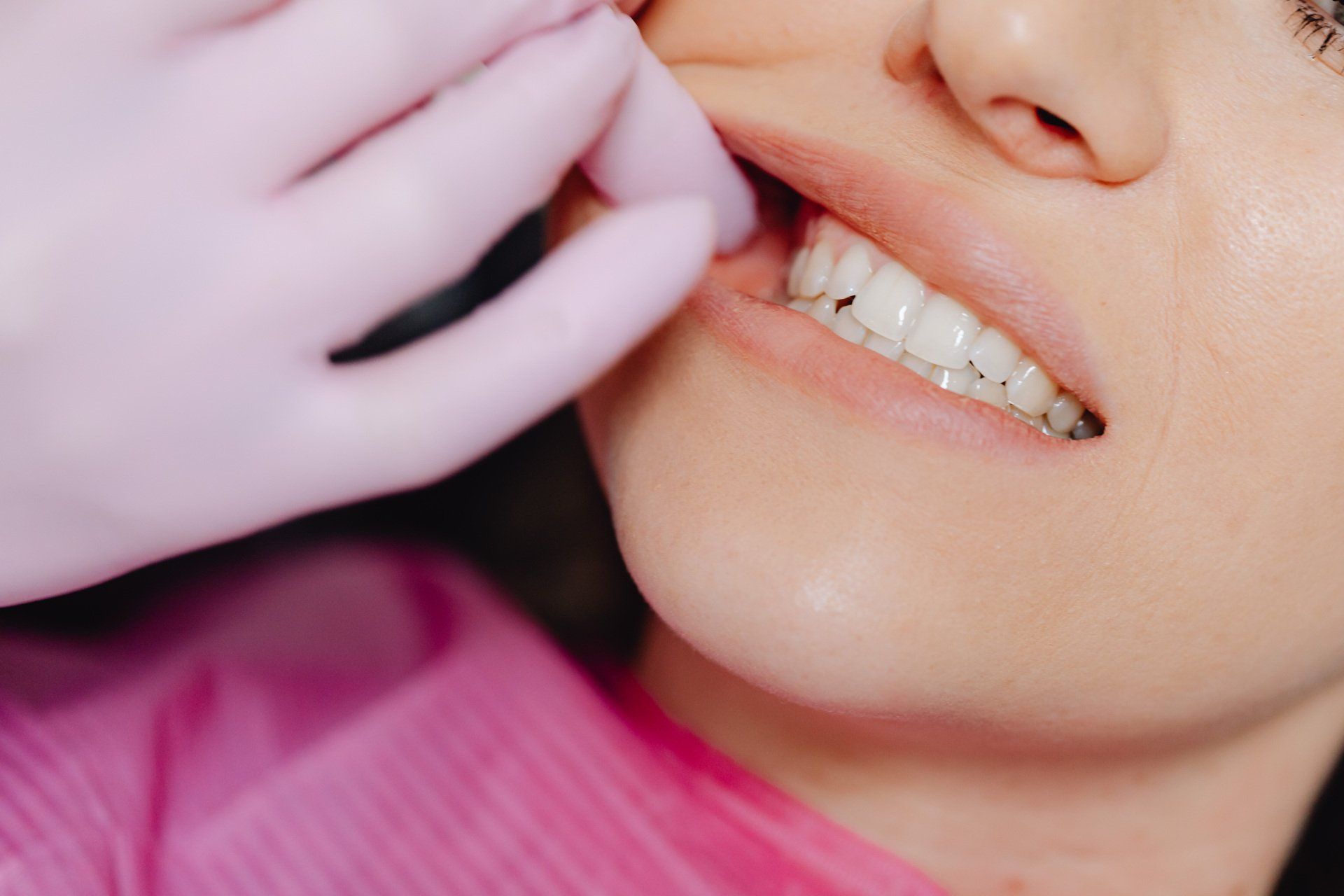What Your Mouth Tells Your Dentist

5 Things Your Mouth Tells About You
When you go to the dentist for your routine cleanings, they are doing more than cleaning your teeth. Dentists are concerned with overall oral health, which includes everything from plaque build-up and gum disease to symptoms of much larger health issues. Some of the things that dentists can tell from looking at your teeth include:
Whether you may have diabetes
One side effect of diabetes is a decreased ability to fight off bacterial infections. Oral infections or gum disease that don’t respond to normal treatment may be a sign of diabetes. If your dentist suspects that you are diabetic, they will refer you to your primary care physician for further testing.
Whether you’re grinding or clenching your teeth
Most people grind or clench their teeth when they’re angry or under stress. Occasional teeth grinding, known as bruxism, does not normally harm your teeth or show up during your exams. However, if you grind your teeth on a regular basis (generally at night), your teeth will start to wear down or chip, and you can eventually start to experience bone loss and broken teeth. Bruxism can be due to constant anxiety or stress, or it can be a sign of a more serious sleep disorder, like sleep apnea. While you can get a mouth guard fitted to protect your teeth while you sleep, your dentist may recommend additional testing.
Whether you have oral cancer
Dentists routinely screen for oral cancer during your exams. Oral cancer usually starts as a small red or white spot or sore on your lips, gums, tongue, or cheek. The spots normally don’t hurt, and can be difficult to see in your own mouth, so dental check-ups are important to catch oral cancer early.
Whether you’re anemic
If you’re anemic for any reason, your gums can turn light pink or white. Anemia can be due to anything from a lack of iron in your diet to something as serious as gastrointestinal bleeding, malaria, or certain cancers.
Whether you’re on certain medications
Certain medications can temporarily or permanently change aspects of your oral health. Many common medications, such as antihistamines, blood pressure medication, and acne treatments can cause dry mouth. Aside from being uncomfortable, prolonged dry mouth can increase your risk of infection and gum disease. Some blood pressure medications and immunosuppressants can lead to gum swelling and overgrowth. There are also certain antibiotics that can cause yellow, brown, or gray tooth discoloration.
Routine dentist appointments are clearly important for many reasons. As always, if you notice an abnormality or change in your teeth or gums, bring it up to your dentist.
The post What Your Mouth Tells Your Dentist appeared first on South Temple Dental.


Areas We Serve
Downtown Salt Lake City
84103, 84116, 84104, 84101, 84111, 84102, 84112, 84113, 84108, 84105, 84115, 84104, 84103
Business Hours
- Monday
- -
- Tuesday
- -
- Wednesday
- -
- Thursday
- -
- Friday
- -
- Saturday
- Closed
- Sunday
- Closed
All Rights Reserved | South Temple Dental
Dentist in Downtown Salt Lake City, Utah
